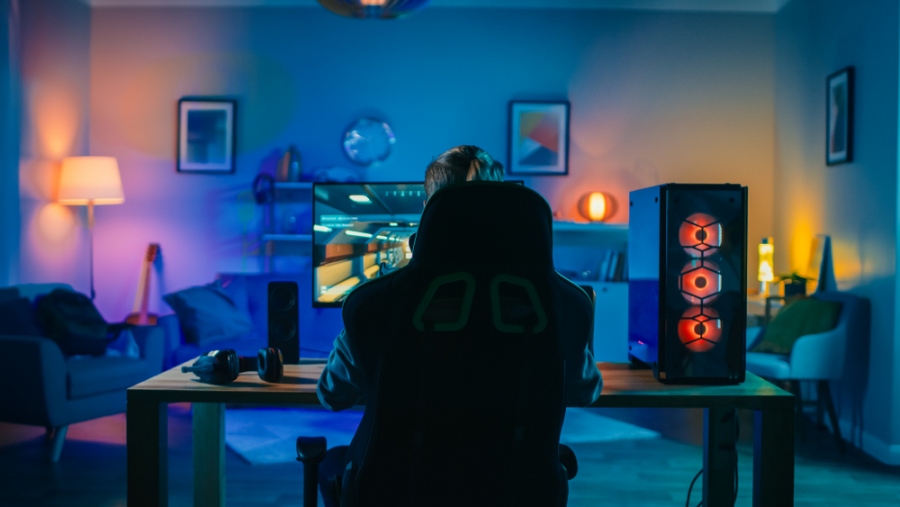How To Build Your Own PC
In this era of self-isolation and social distancing, many of us may find that we have an awful lot more time on our hands. For some, that might mean doing more things with the family while for others it may involve catching up on the latest TV series or reading plenty of books.
A lot of people are taking the chance to try a new hobby, such as yoga, knitting or learning a foreign language. It seems large numbers of the population are using the extra down time to get heavily into video gaming and the figures show what a popular activity this is, with £702 million spent on console hardware in the UK in 2018.
But what if you want to strip it back a layer and build your own PC? You’ll need a fair deal of technological knowhow and you’ll have to plan your finances appropriately in order to acquire the parts you need. But what are these essential components?
Motherboard
Arguably the most important component within your computer. The motherboard defines how the rest of the system will work, in terms of which pieces of hardware and which processors it is compatible with. Once you have the motherboard in place, you’ll be able to narrow down your choice of other parts.
Central Processing Unit (CPU)
This is essentially the brain of your computer. It controls and manages all the different transactions that occur within the system and defines how many tasks can be run at once and how quickly they can be completed. If you want a faster CPU, seek one with higher gigahertz but beware these can produce higher temperatures.
Memory
The memory of your PC affords you extra space to temporarily store data. Even the smallest operations on a computer rely on memory, so you need to make sure you have enough of it to be able to cope with the tasks you’re performing.
Storage
This usually comes in the form of a hard drive or a solid-state drive. Selecting how much storage you might need does involve a certain amount of guesswork. If you’re going to be using the PC mostly for gaming, you can check how much space the games take up to help inform your decision. If you do underestimate it slightly at first, you can always add more storage later through an external hard drive.
Power Supply Unit (PSU)
Of course, none of this is any use if you can’t get any power to your PC. This is where a slightly larger initial outlay could pay off in the long run – a cheap PSU may be unsafe and can have disastrous consequences for your system.
Case and fans
You’ll also need to house all of these components in some form of casing, and you’ll need to employ a cooling system to prevent over-heating, which could prove potentially hazardous.

